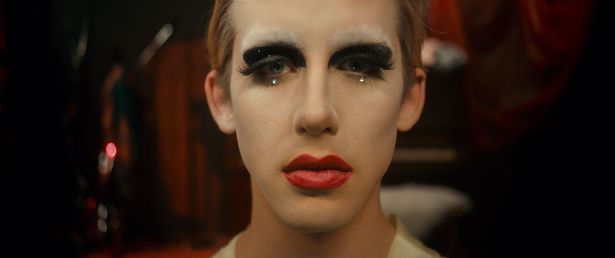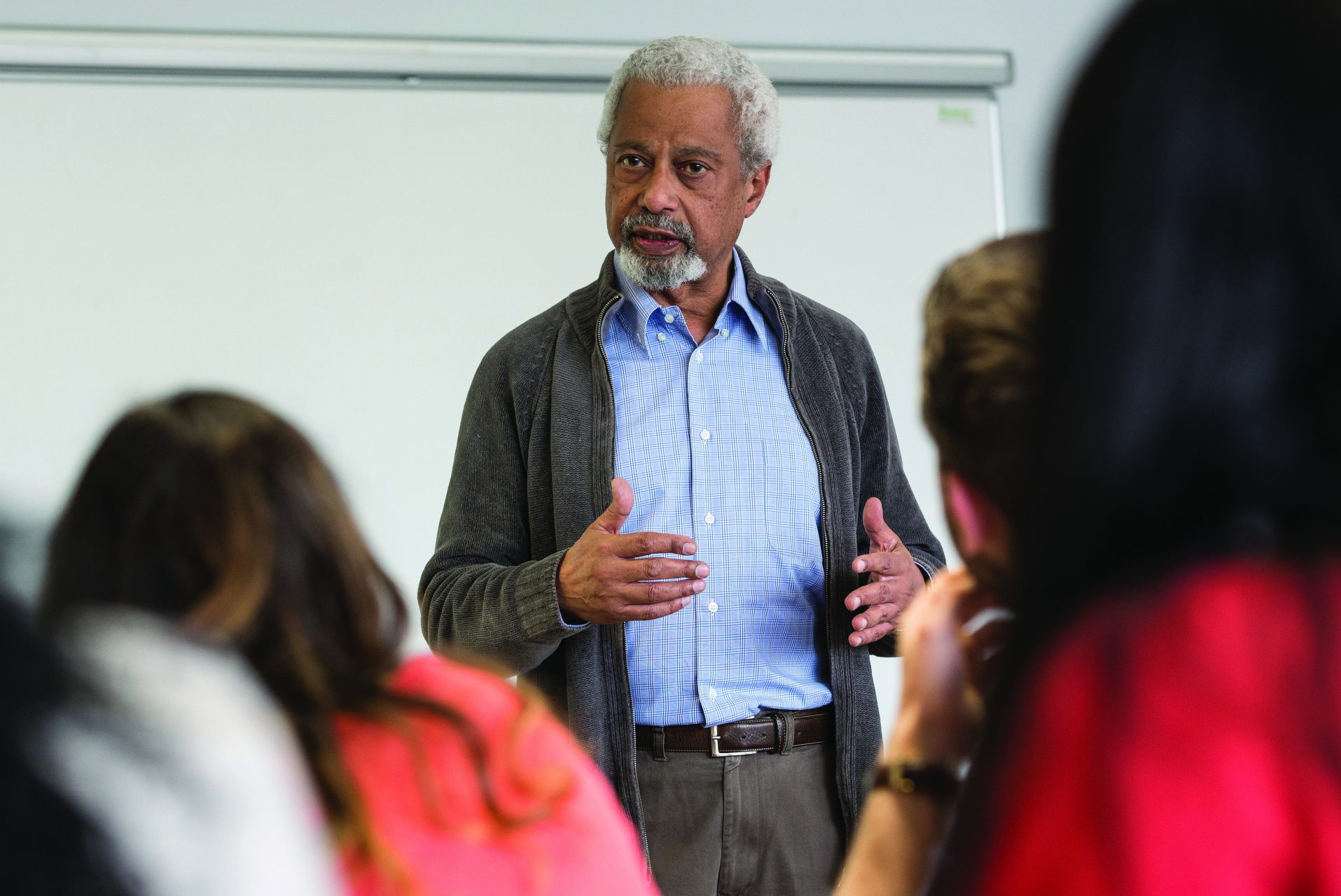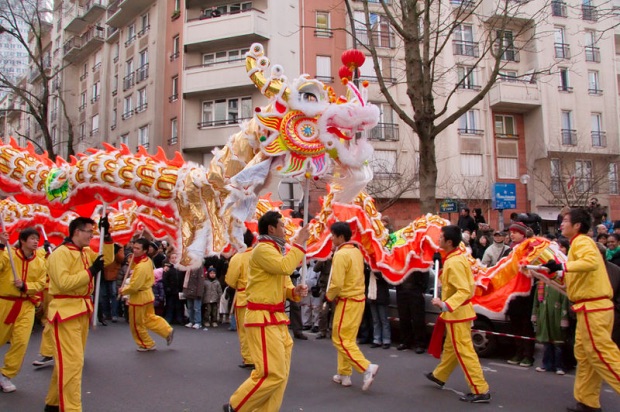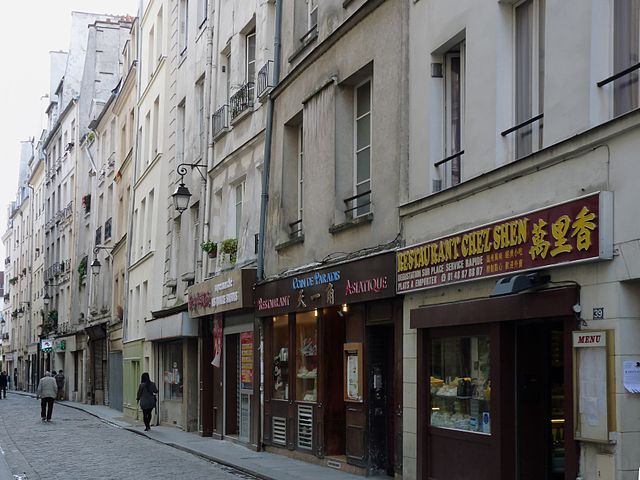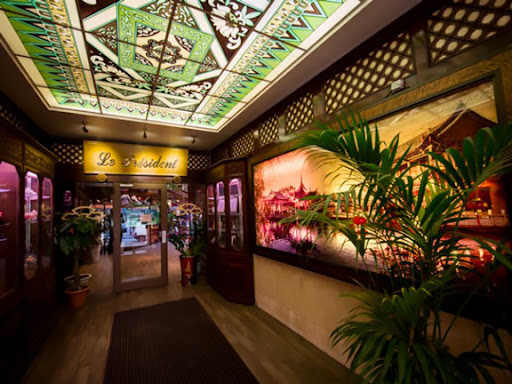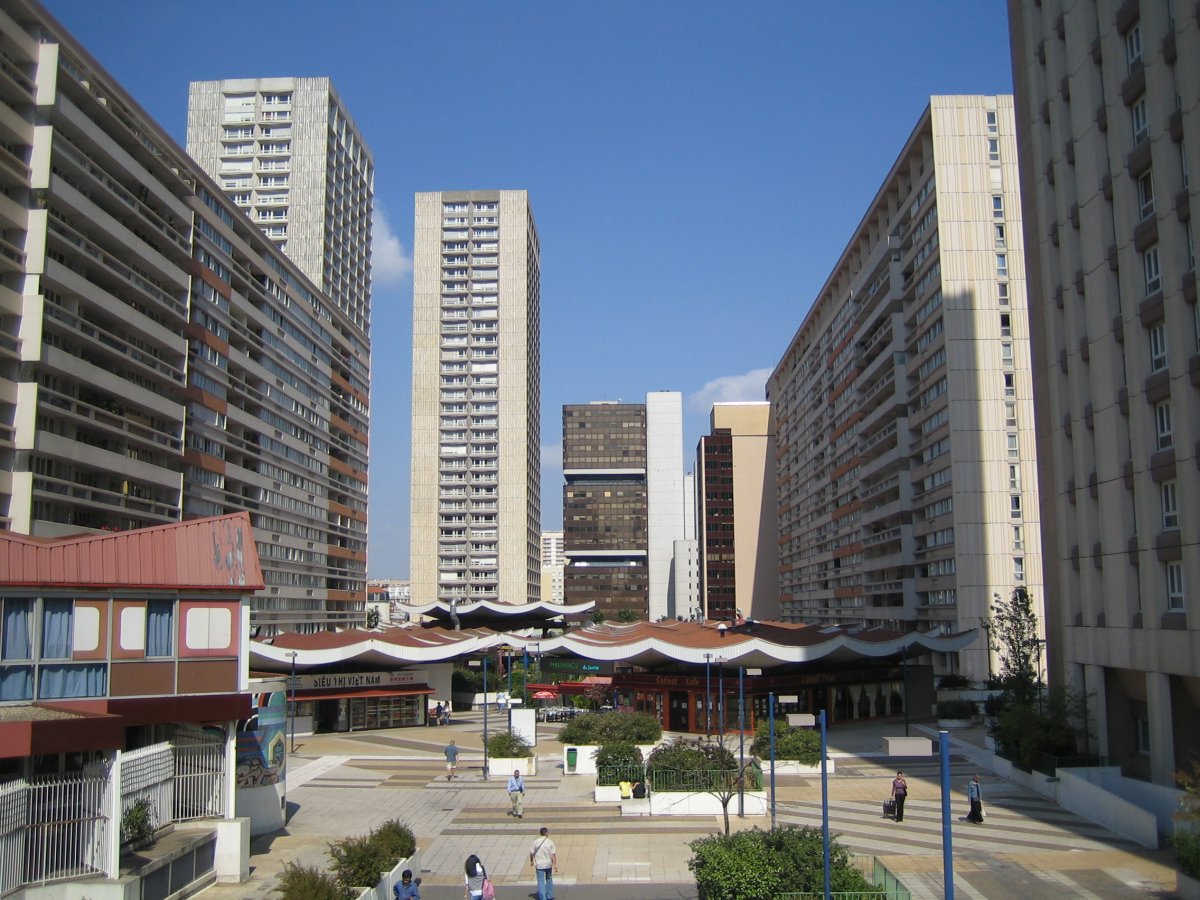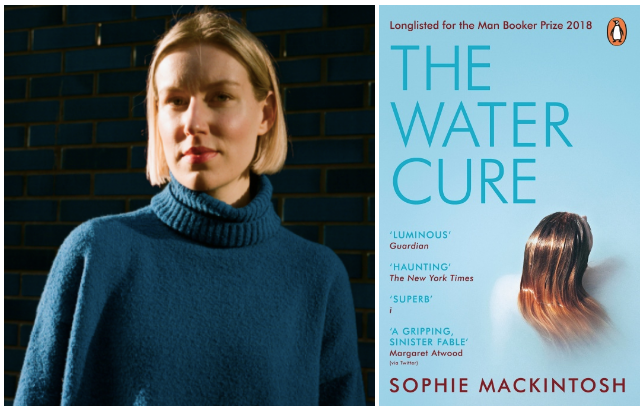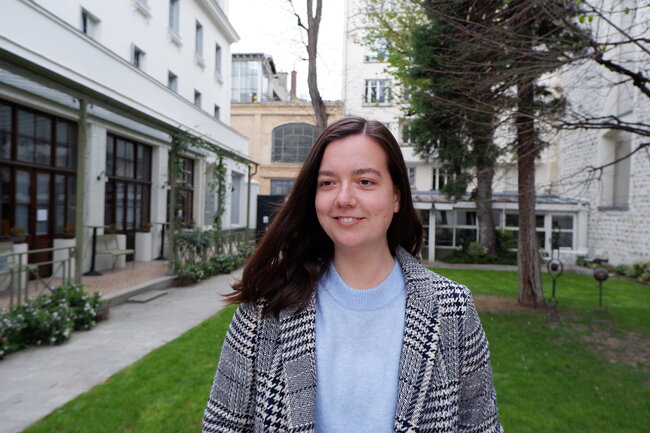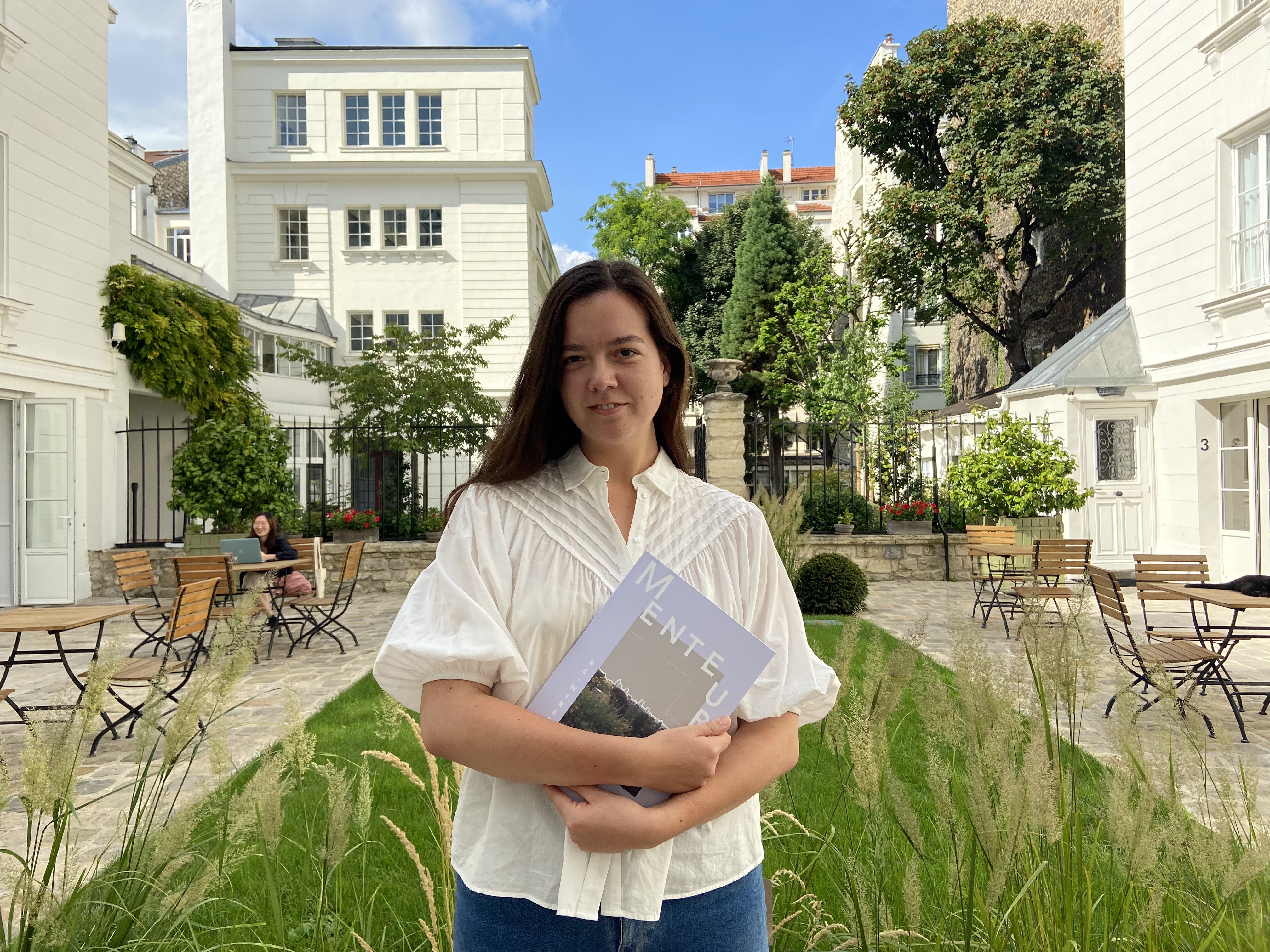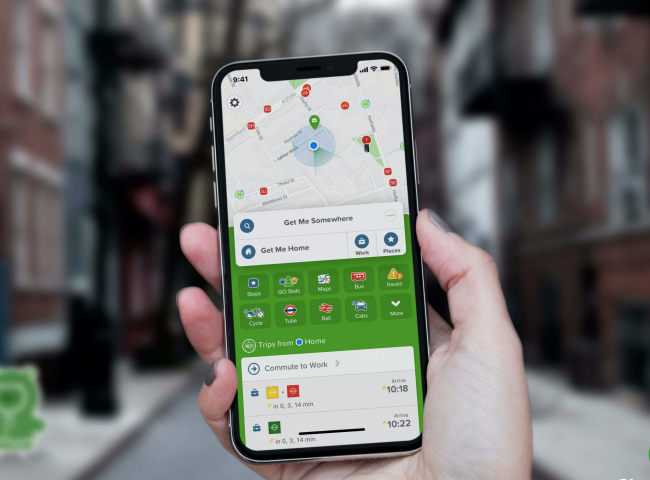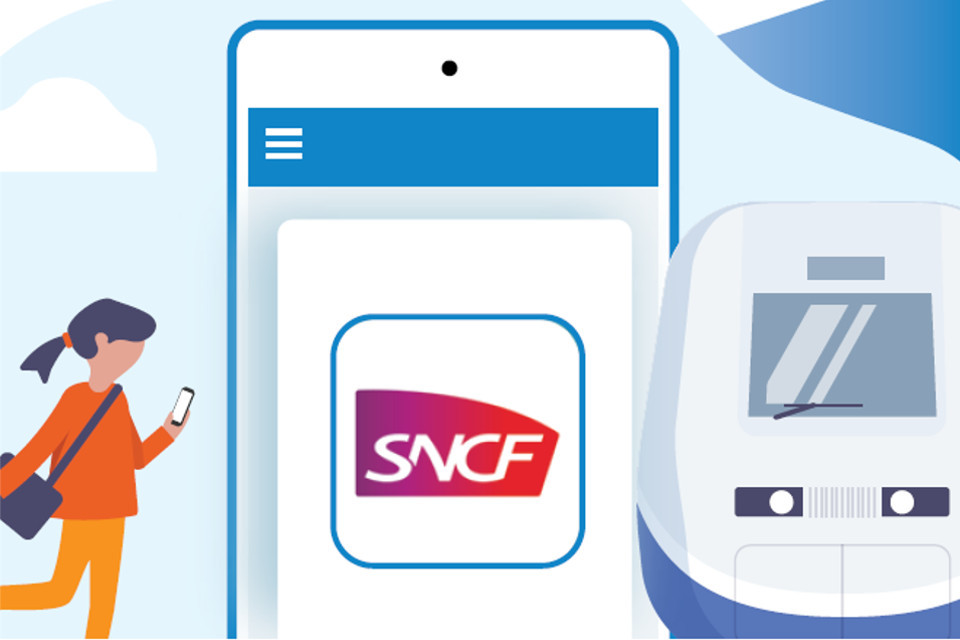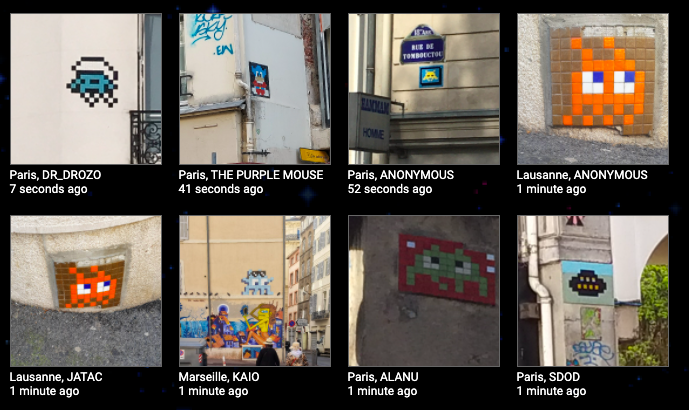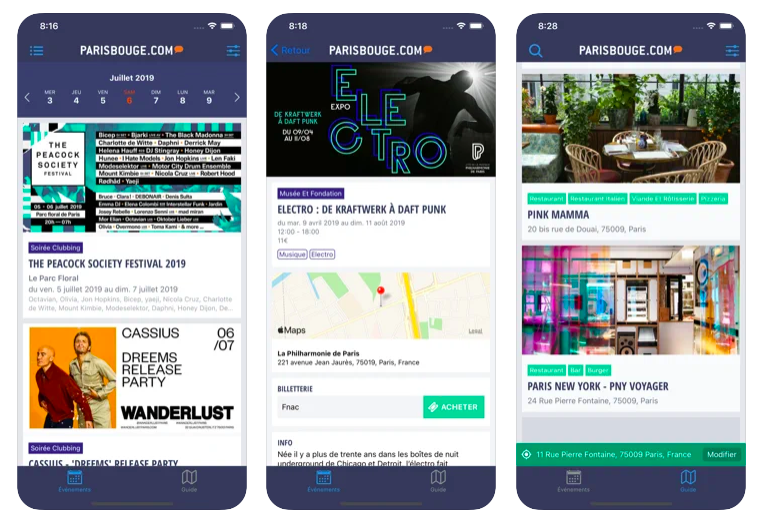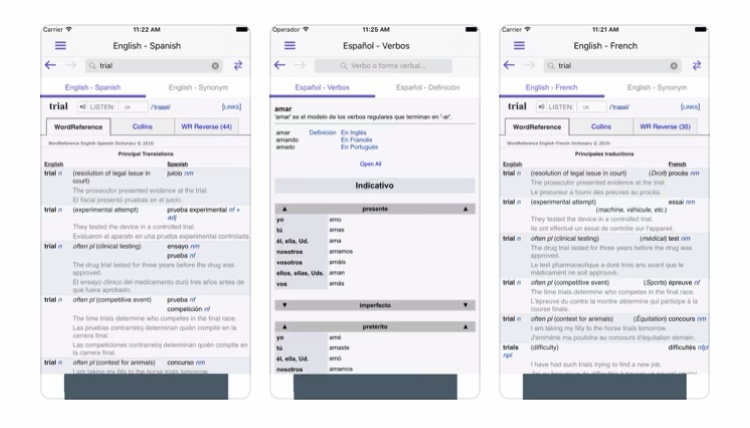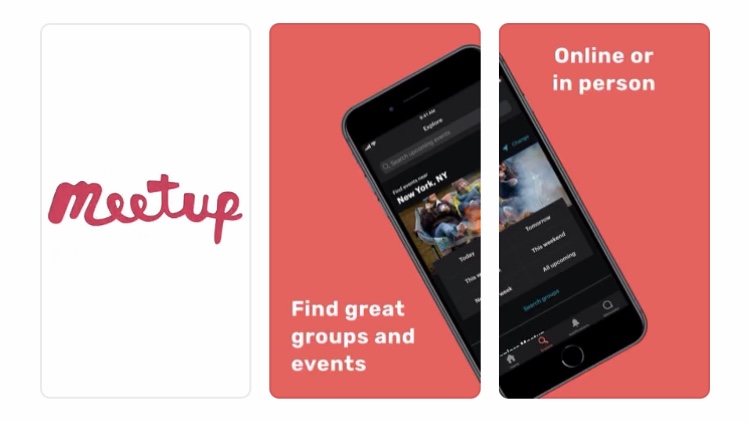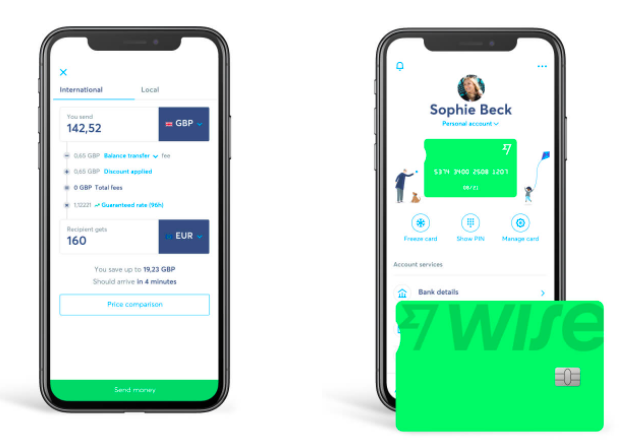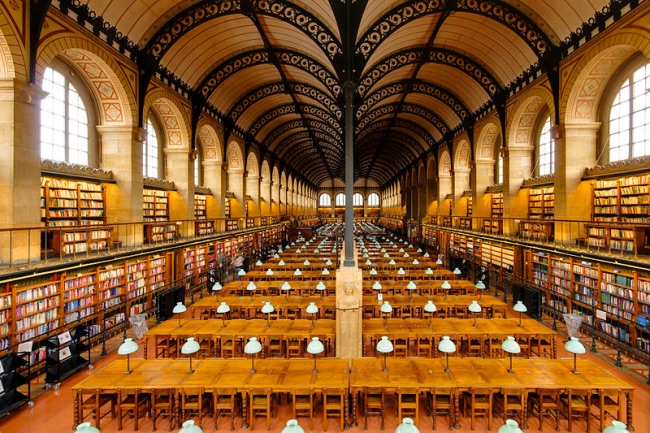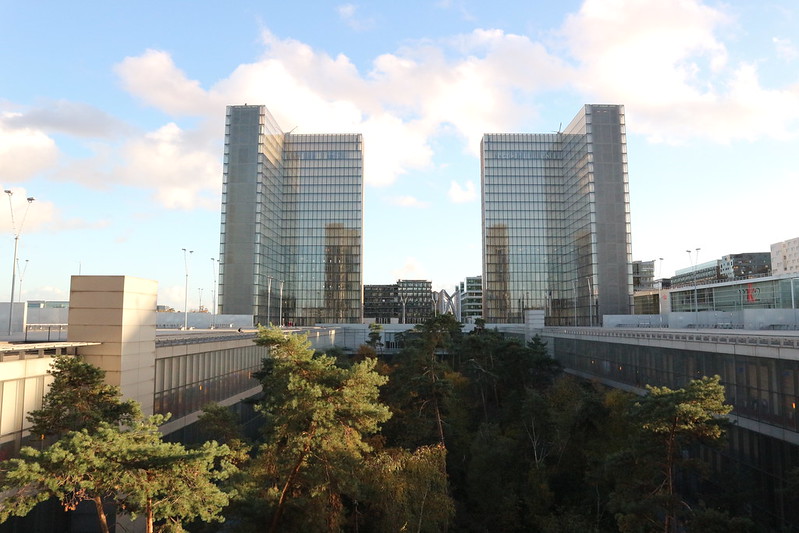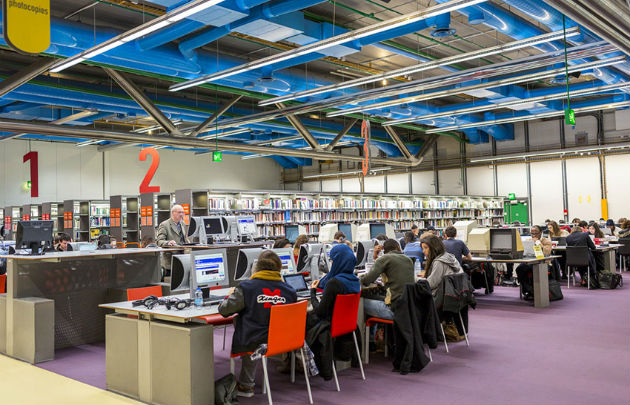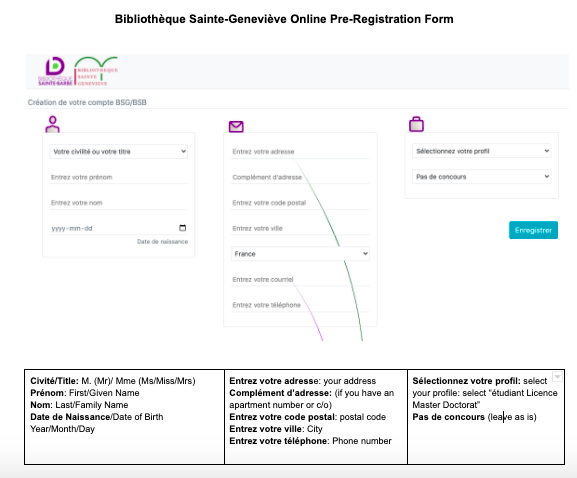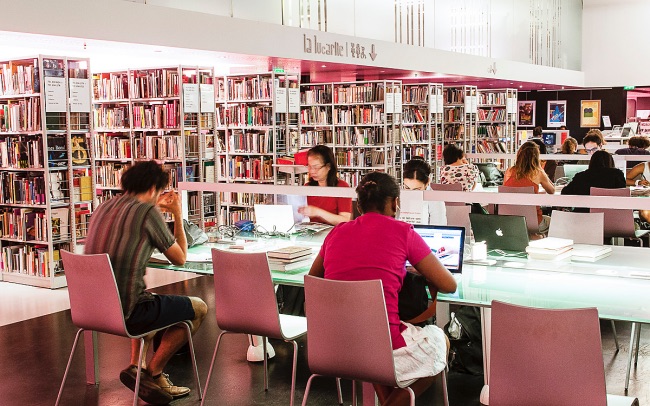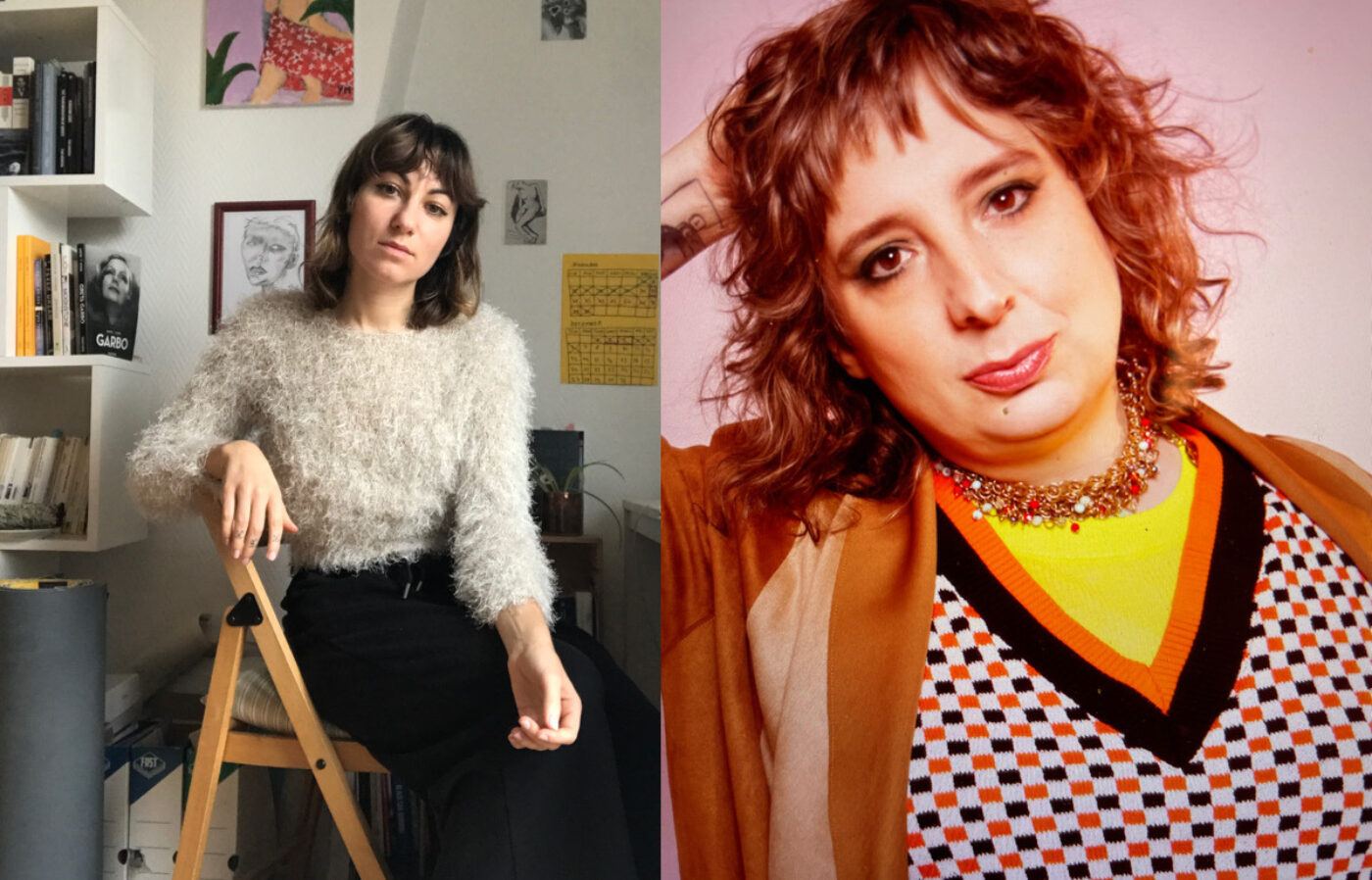Since 9 August 2021, a pass sanitaire (health pass) is required in France to enter many public places. The French government has made this easier to obtain for foreigners coming to the country. Below are instructions on how you can get your pass either in advance or after you arrive.
Where the Health Pass is Required
A health pass is required to enter the University of Kent’s Paris study centre (based at Reid Hall). You will also be asked to show your health pass at the following places (non-exhaustive list):
- Restaurants, cafes, bars, nightclubs
- Retirement homes, hospitals and medical providers (except in case of emergency)
- Long-distance transport (planes, trains, boats and buses)
- Cultural events and sites (museums, monuments, cinemas, and theatres)
- Sporting facilities (gyms and swimming pools)
- Festivals, amusement parks, zoos
- Most libraries
A health pass is NOT required for:
- Grocery stores and other food shops
- Small shops under 20,000 m2
- Outdoor free access parks and gardens
- Not required for religious services, but is required for cultural events held at churches
- To visit an internist or family doctor
Obtaining your Health Pass
If you have been vaccinated in the EU, you will already have the QR code proving your vaccination record. This acts as your “health pass” and you will not need to apply via the instructions included here. You can simply show the code in electronic (on your phone) or paper form at the sites which require a health pass.
UK nationals who have been vaccinated in the UK under the normal vaccination scheme should request their digital “NHS Covid pass”, which is accepted in France in the same fashion as an EU Health Pass. This is available through the NHS app.
For non-EU citizens or non-vaccinated EU citizens. The French pass is issued to people who have proof of a negative covid test or those who have been fully vaccinated with a vaccine recognized by the European Medicines Agency or one of the equivalents to these vaccines.
Here are the current conditions of being fully vaccinated – though please see the note below as these will change:
- 4 weeks after a one-dose injection (Johnson & Johnson)
- 7 days after the second injection for two-dose vaccines (Pfizer, Moderna, AstraZeneca)
- 7 days after the injection if you have recovered from COVID-19 (only one dose is necessary)
As of 27 November, France is rolling out its booster vaccination scheme. The booster shot is open to everyone aged 18 and over, 5 months after their second injection (Pfizer-BioNTech, Moderna, or AstraZeneca), or 4 weeks after their single injection (Johnson & Johnson), or 5 months after their last positive test. The booster shot will become a requirement for the Health Pass in the next few months. Read more about it in our Booster Vaccination Guide.
You can get a Health Pass from a health professional in France, including pharmacies and vaccine centres (for free). Some pharmacies are now charging a 5-10 euro fee to create a health pass for foreigners. Find the government list and map of pharmacies providing this service here: https://www.sante.fr/recherche/trouver/health%20pass
If you are currently abroad, you can also apply for one via a new online system in advance. https://www.demarches-simplifiees.fr/commencer/passe-sanitaire-etudiants
We recommend applying for your Health Pass as soon as possible. Prepare the following documents, in electronic format (jpg/pdf):
- Your vaccination certificate, stating the type of vaccine used
- A scan/image of your passport
- Your travel ticket (return ticket)
- Your student visa
- Your University of Kent status letter
Once you log in, please follow the prompts.
Image from Europe 1. Information sourced from www.diplomatie.gouv.fr
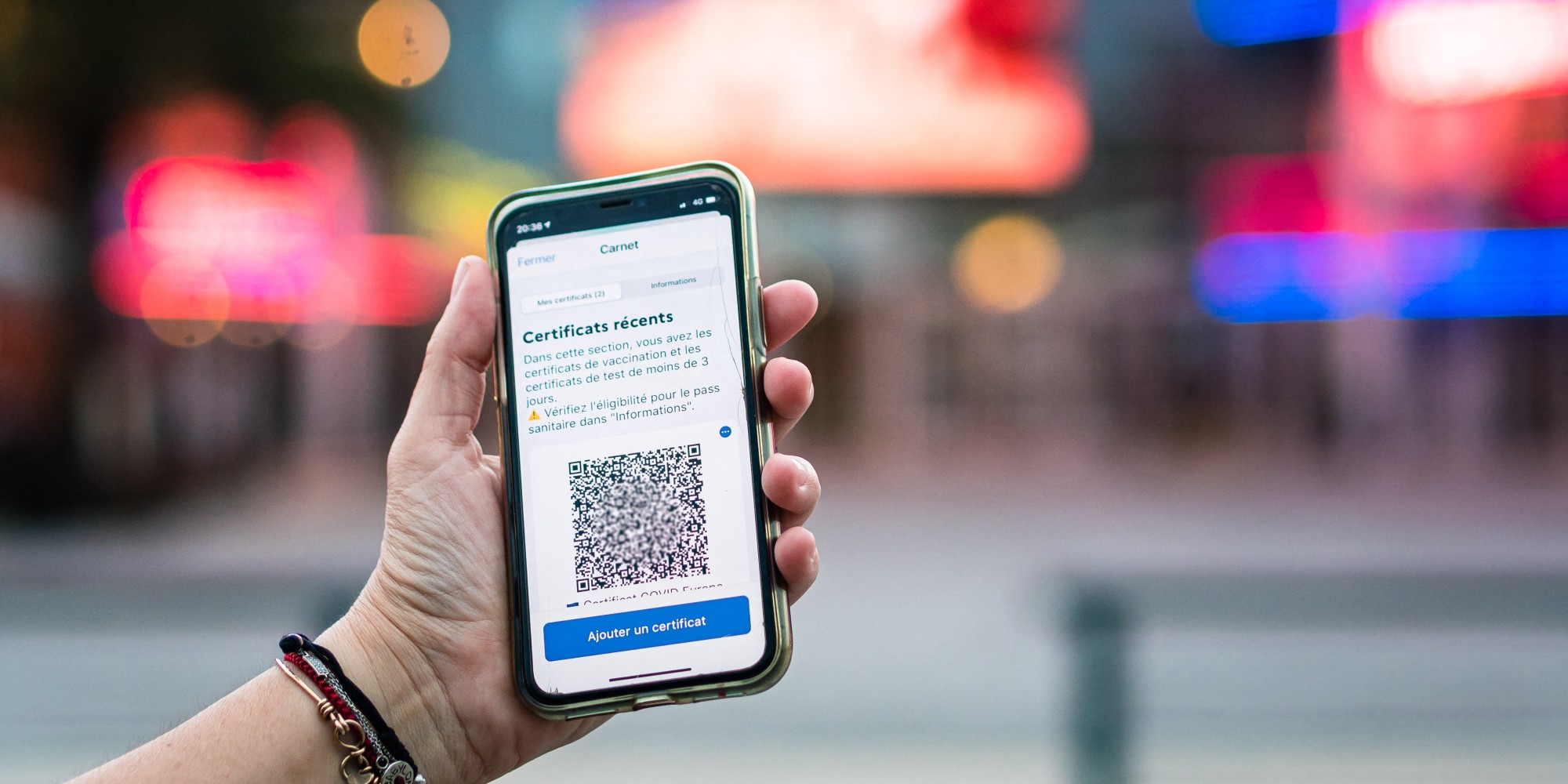
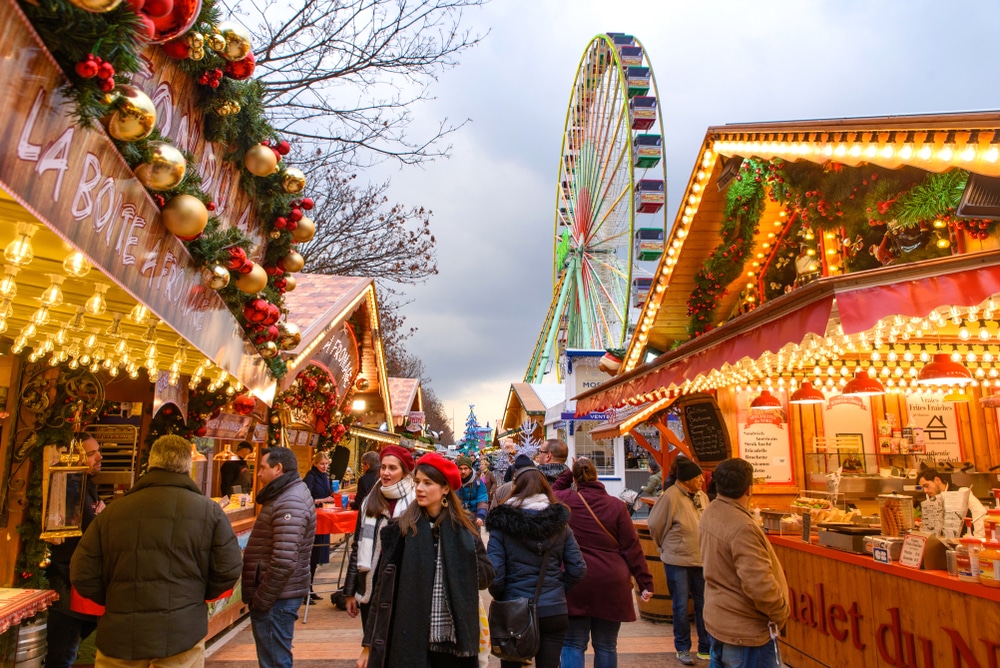
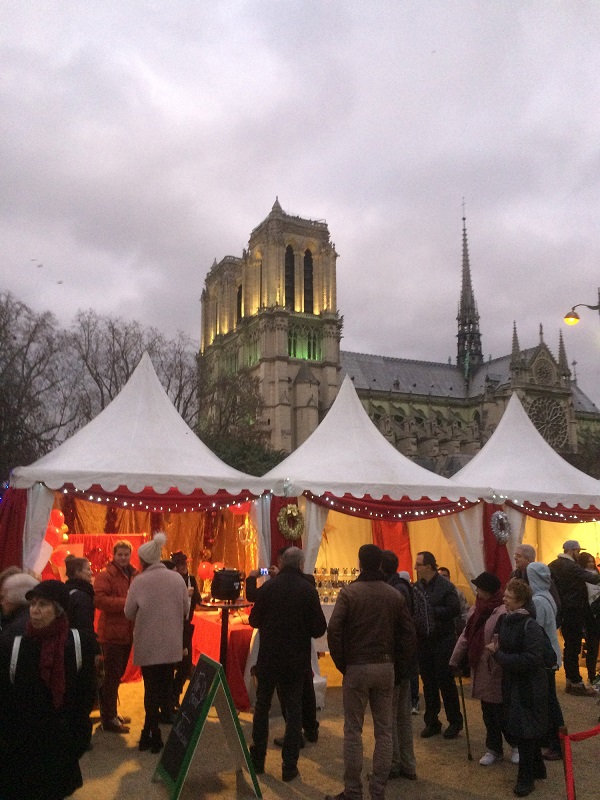
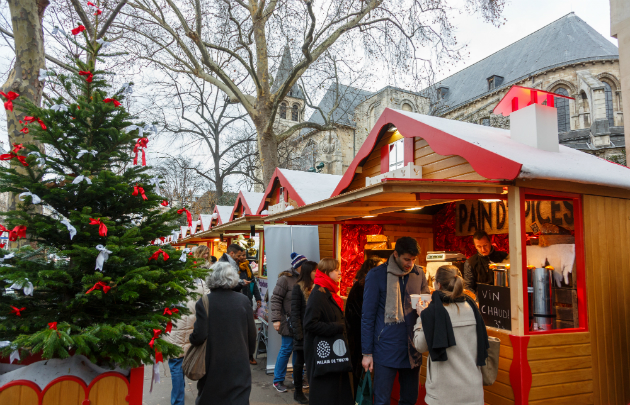
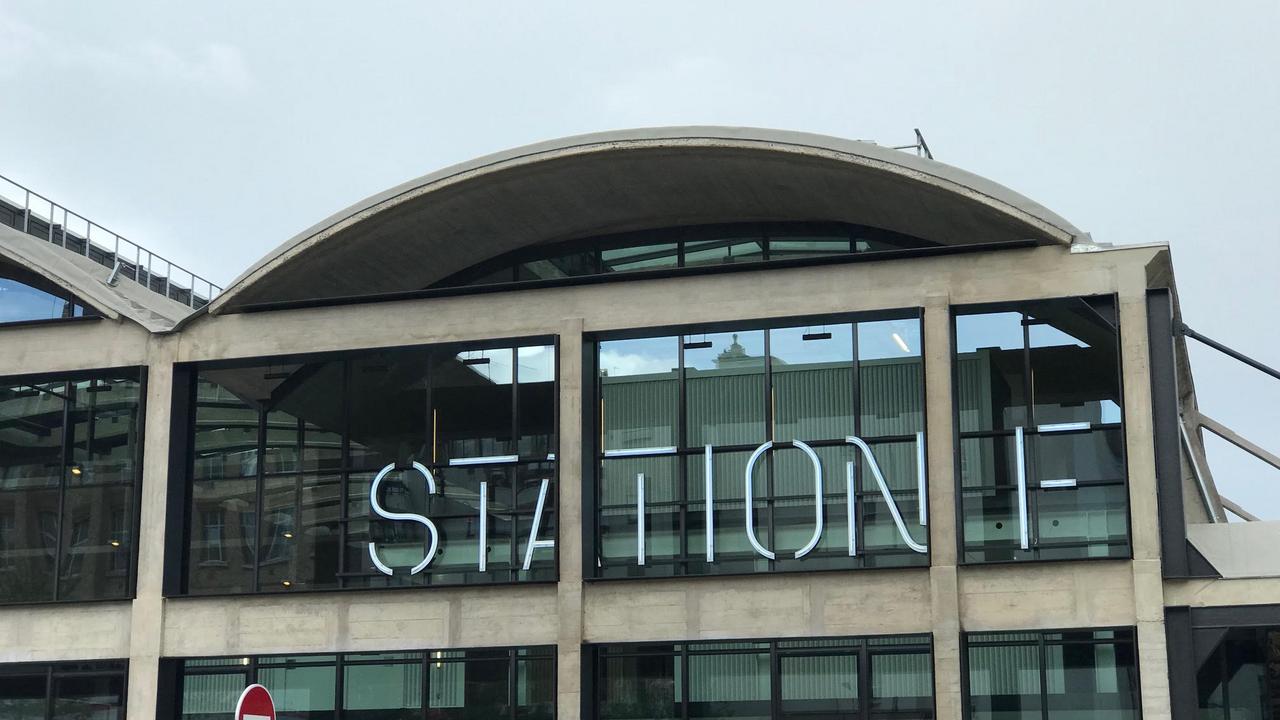 Station F. Melinda Davan-Soulas.
Station F. Melinda Davan-Soulas. 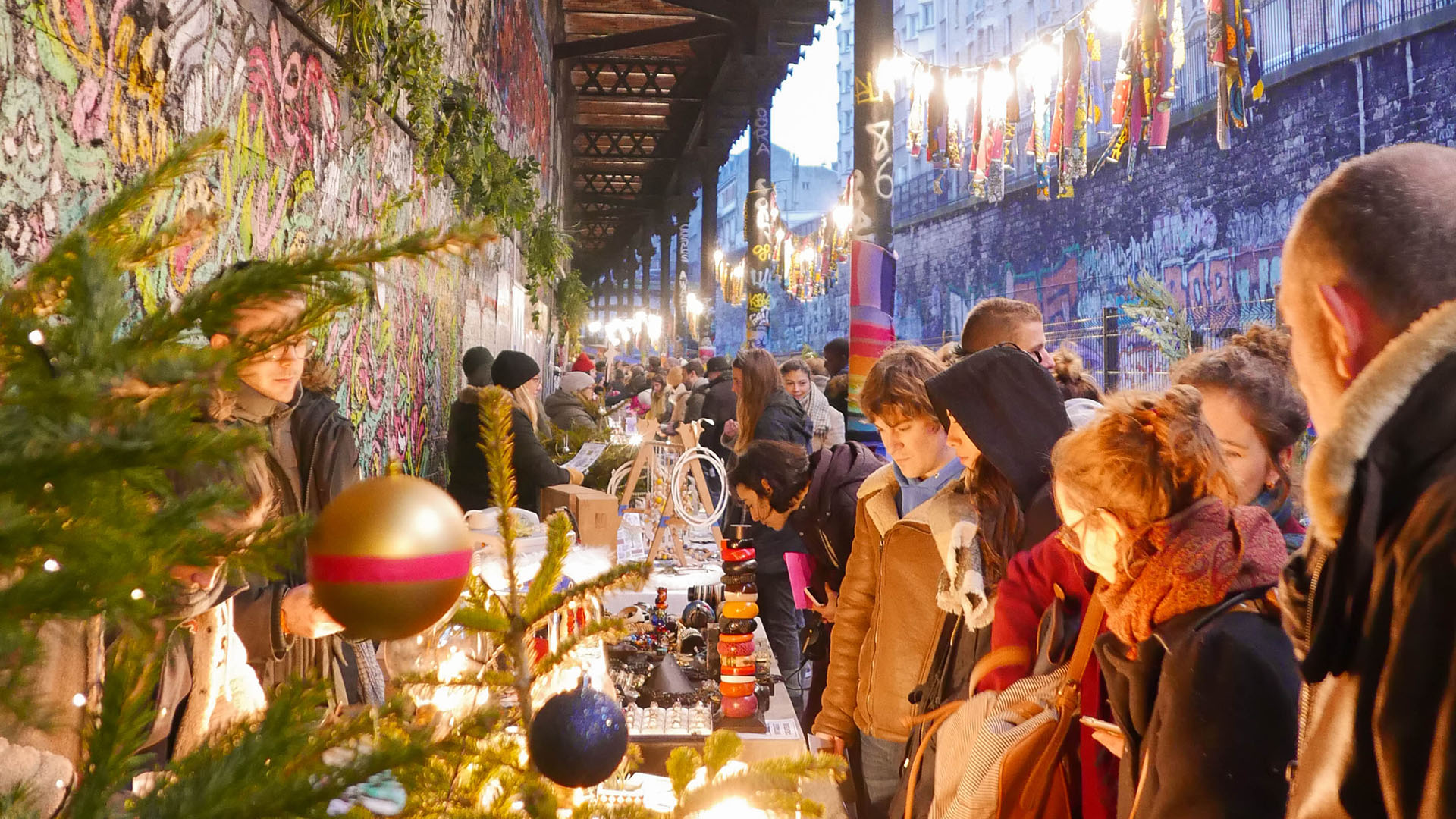 Marché de Noël du Hasard Ludique.
Marché de Noël du Hasard Ludique. 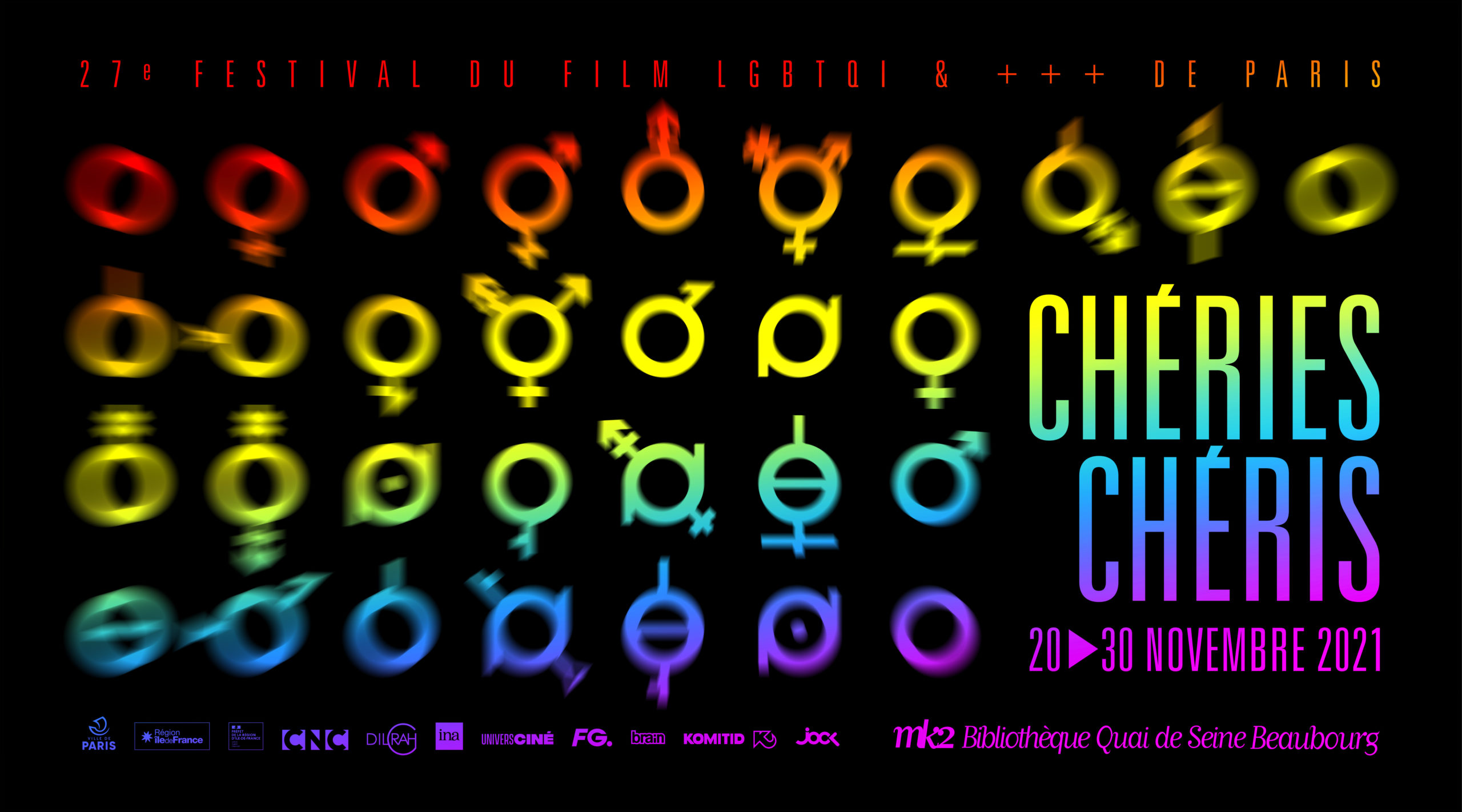
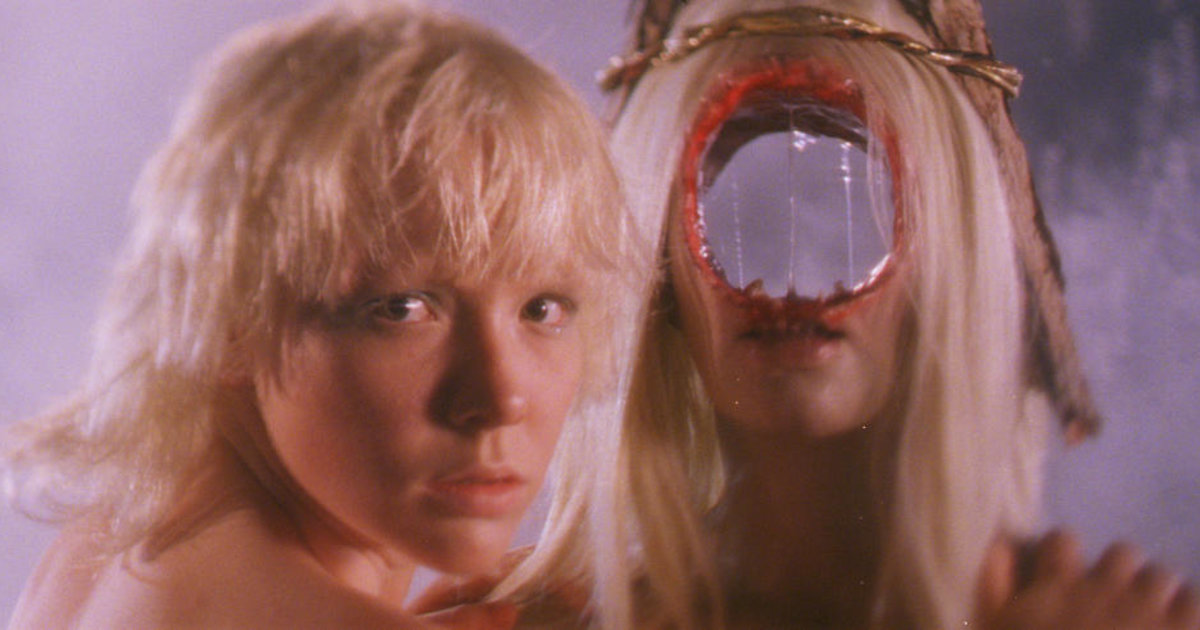 After Blue. Bertrand Mandico.
After Blue. Bertrand Mandico.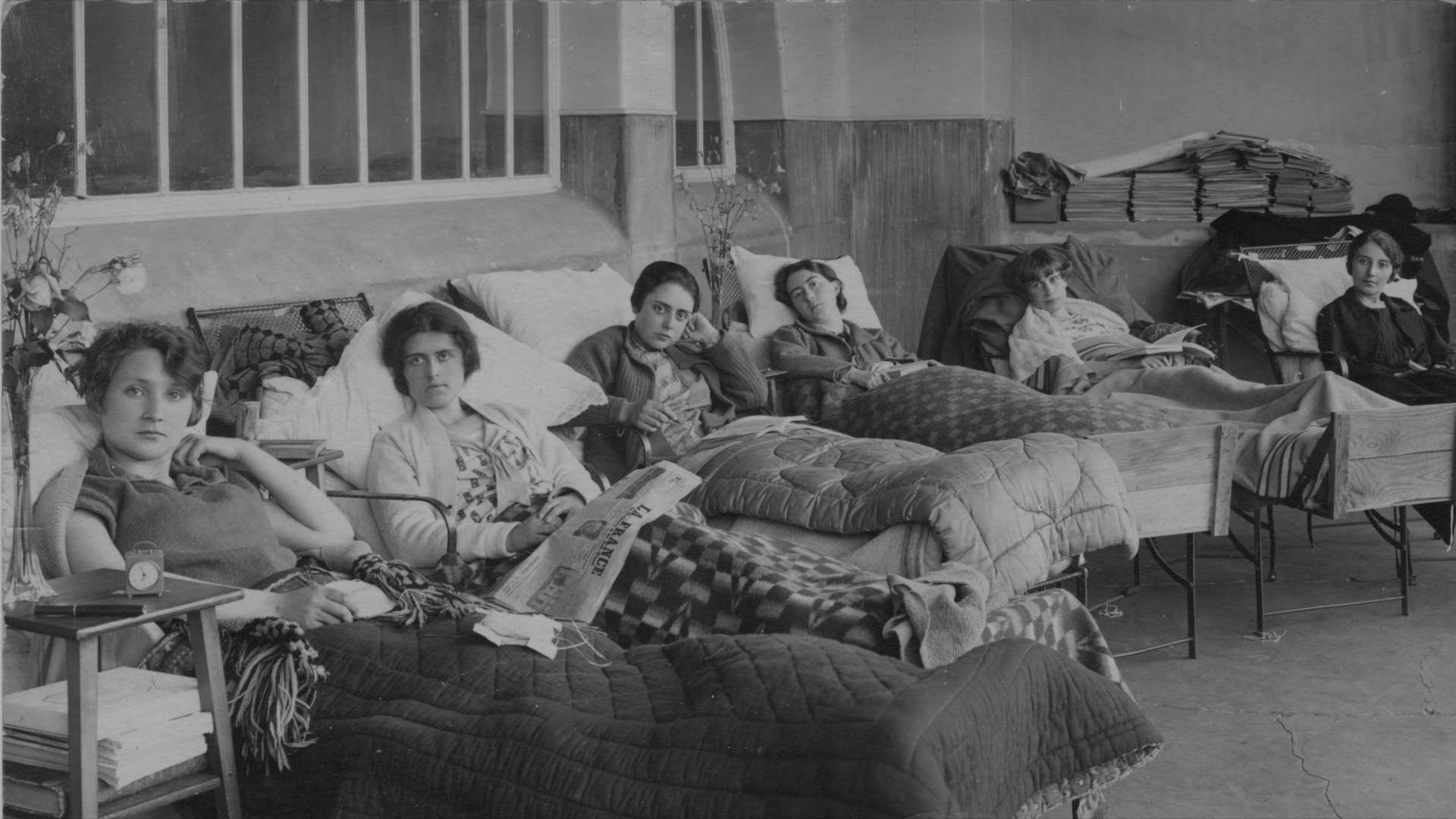 Ultraviolette. Robin Hunzinger.
Ultraviolette. Robin Hunzinger. Acts of Love. Isidore Bethel & Francis Leplay.
Acts of Love. Isidore Bethel & Francis Leplay.